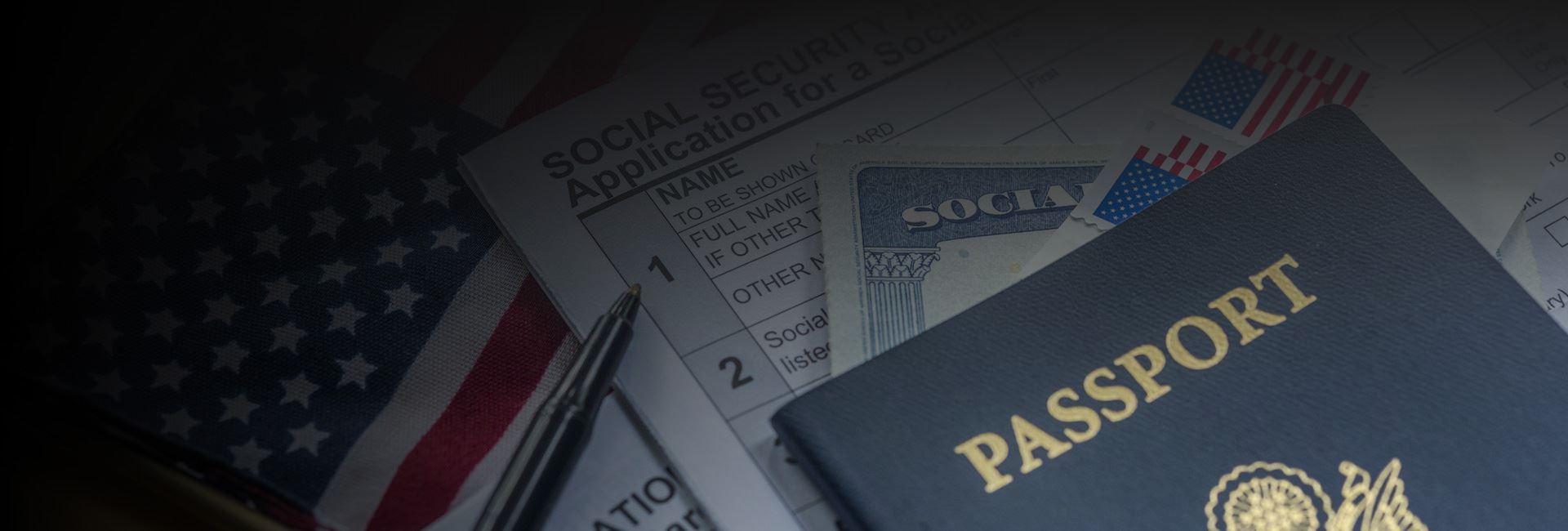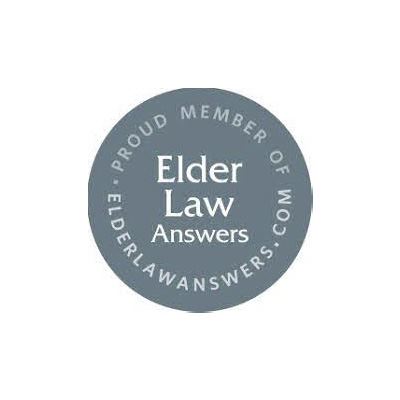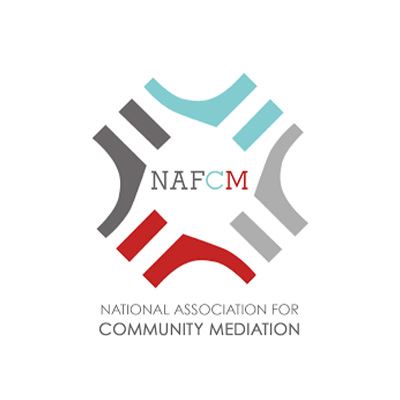
U & T Visa Attorney in Charlotte
Helping Victims of Crime & Abuse Worldwide
The U-visa classification was created in 2000 and has been generating a lot of interest in the past few years. The purpose of this visa is two-fold. First, it encourages undocumented crime victims to report criminal activity to the police by providing an avenue for gaining legal status in the United States. Secondly, the U-visa benefits law enforcement by enabling the apprehension and prosecution of criminal offenders. The U-visa has very strict requirements. Simply being the victim of a crime is not enough.
To be eligible for a U-visa, the applicant must meet all of the following requirements:
- Be the victim of a qualifying crime that occurred in the United States
- Qualifying crimes include rape and other sexual offenses, felonious assault, domestic violence, kidnapping, child abuse, and blackmail/extortion.
- Simple assault is not a qualifying crime
- Property offenses such as larceny, breaking/entering, and robbery are not qualifying crimes.
- Suffer substantial physical or mental injury as a result of that criminal activity
- Cooperate fully with law enforcement by providing all helpful information relating to the investigation or prosecution of the qualifying crime
If these conditions are met, the first step toward obtaining a U-visa is to obtain law enforcement certification from a designated certifying official with the investigating police department or prosecutor’s office. Note that the law enforcement certification is just the first step in the U-visa process. This certification is only valid for six months, during which time it must be submitted to USCIS along with the U-visa petition. The petitioner must also provide documentation proving that each of the above conditions is satisfied.
If the U-visa is approved, the petitioner obtains a U-1 visa which is valid for four years, during which time the visa-holder may live and work in the U.S. Additionally, many family members of a U-1 are eligible to receive a U-visa as derivative beneficiaries. Depending on the age of the U-1 holder, this may include spouse, children, parents, and unmarried siblings.
There is a cap of 10,000 U-visas per fiscal year. After three years a U-visa holder may apply to adjust status to lawful permanent resident if he has been physically present in the U.S. for three years and has not refused to provide any requested assistance to law enforcement.

Whether you have questions or you're ready to get started, our legal team is ready to help. Complete our form below or call us at (704) 870-0340.
T-Visas
The Victims of Trafficking and Violence Protection Act created the T-visa which is designed to provide legal immigration status to foreign nationals who have suffered physical or mental abuse due to human trafficking. The T-visa is a non-immigrant visa, but after holding T-visa status for three years, the foreign national is eligible to file for adjustment of status.
Immigrant Visas for Domestic Violence Victims
A battered spouse and children may self-petition the U.S. government for a permanent resident visa under the Violence Against Women Act. This law was enacted because domestic violence abusers may be in control of the visa application process for spouses and use their authority to threaten spouses and children if they complain of domestic abuse. This law allows battered spouses to file application documents independently, without the knowledge of their abusers.
To find out more about how you can apply for and obtain a visa as a crime victim or battered spouse, it is important to talk to the immigration lawyer at the firm about the specifics of your case.

Real Testimonials, Real Cases
-
"Excellent Immigration Law Firm"Anonymous
-
Excellent & welcoming team!
Ryan Sweeny -
"Kelli and Allison were great and made our process painless and guided us in every way."Anonymous








